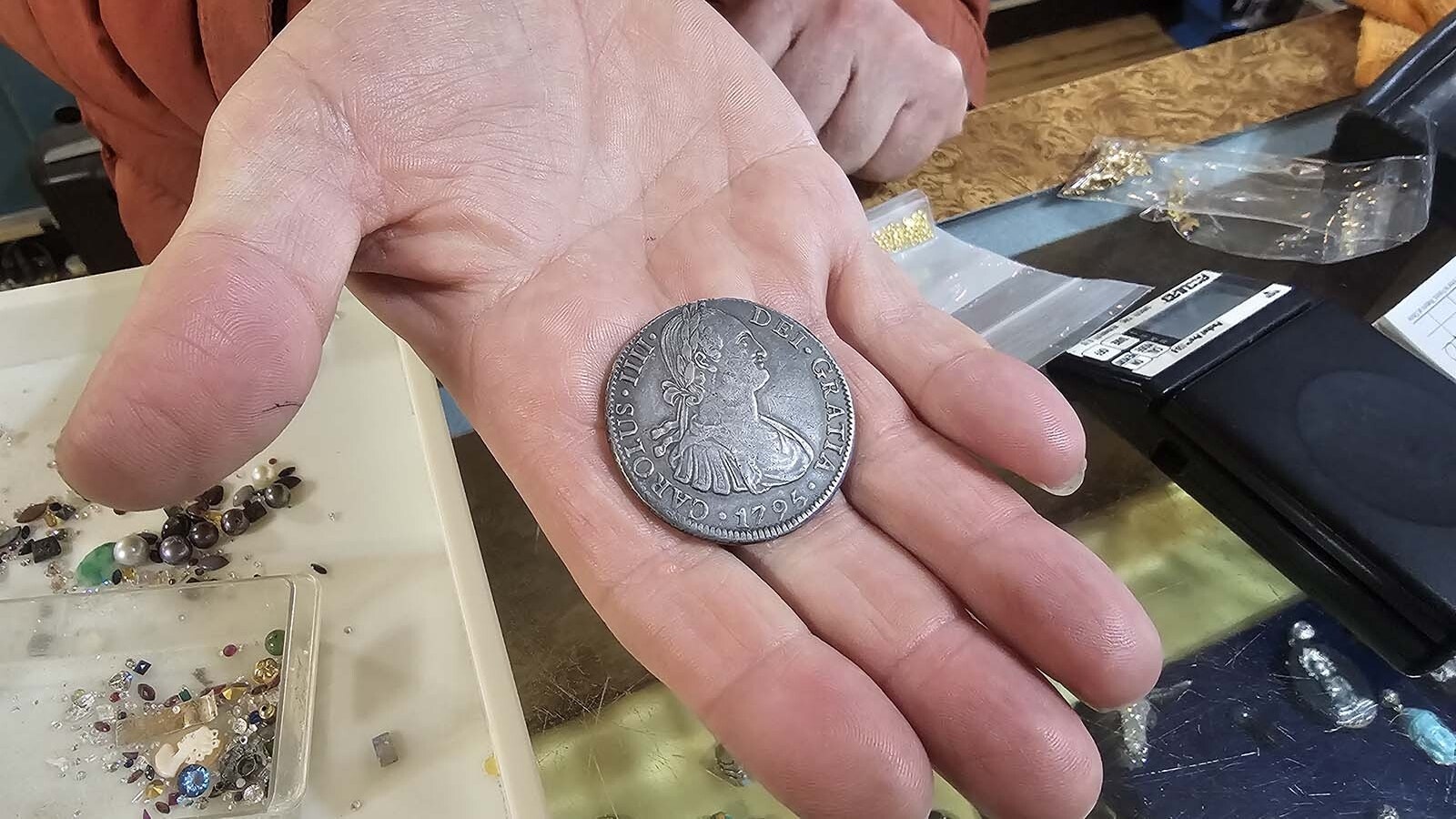The federal government has not caught up with third-party financial applications like Venmo, PayPal and Finicity, which already interface with banking institutions to fulfill customer demands for convenience.
The federal Consumer Financial Protection Bureau (CFPB) had suggested it would write rules governing the emerging digital economy a decade or so ago. More recently, it said it would publish rules sometime this year.
But Wyoming is tired of waiting and may just beat the feds to the punch with House Bill 62. It directs the Wyoming Division of Banking to write rules for third-party apps that interface with banks, including a directive that they seek permission from customers first before sharing any data with third parties, as well as protect privacy and data.
Lawmakers in the Senate Minerals Committee heard testimony on the bill this week — much of it unfavorable.
Just Wait
Scott Meier with the Wyoming Banking Association said the idea of Wyoming making rules when the CFPB is so close to releasing its own raft of regulations had set a few “heads spinning” within his organization.
“If the CFPB does come out with its own rules, regulations, we banks have to follow it,” Meier said.
Any Wyoming rules that come out now, ahead of federal ones, could prove confusing, Meiers suggested, as well as time-consuming.
“That is a big concern,” Meier said, given that Wyoming Bankers Association is the entity funding the Division of Banking, which would write those rules.
“Is the Division of Banking or the Wyoming Legislature going to be invited to the table with the CFBP when they start writing their rules?” he asked. “No, I don’t think so. The CFPB does their own thing, and they’ve always done their own thing.”
That said, Meier agreed in principle with the idea of putting up sideboards, or guardrails for the industry. He’s just not certain it should be Wyoming that does that.
“I will readily agree, I think that there are customers out there that want this,” he said. “They got it now. There’s nothing out there that stops” banks from using third party apps.
Whether Wyoming rules would truly protect customers is questionable though, Meiers suggested.
“The comment was made that yeah, over in Europe they do a lot of this open banking,” he said. “They also have the highest degree of fraud when it comes to this. So, I’m not sure by setting the rules that you actually fix that fraud part of it, because they have an enormous amount of fraud over there.”
Conflicts Down The Road
Mike Carone with the Consumer Data Industry Association echoed Meier’s concern that writing rules that will just be replaced by federal rules within a year or two is ripe for causing confusion.
“With that right around the corner, we really think moving forward with this legislation would just cause potential conflicts down the road,” he said. “And we would urge against it.”
Carone’s main concern seemed to be there would wind up being too many screens asking consumers for consent.
“That will significantly slow down products getting to marketplace,” he said. “That’s a concern we have going forward.”
Wyoming Can Force The Issue
Sen. Cyrus Western, R-Big Horn, however, said Wyoming should write its own rules. That way, it has more agency to become part of the conversation around whatever happens with open banking at the federal level.
“I think the good actors in any space where there might not be enough regulation want the regulation, so long as it’s even-handed, reasonable and fair,” he said. “They want that. Let’s go back to, for example, the oil and gas industry, pre-fracking.”
Wyoming stepped in ahead of federal regulations to put safeguards in place, Western said.
“I think the fracking example is a perfect one,” Sen. Chris Rothfuss, D-Laramie, chimed in. “The federal government was working on fracking rules and regulations at the time we adopted ours.”
After Wyoming completed their rules, Rothfuss said the federal government took a look at what the Cowboy State had done.
“They did a lot of copy and paste,” he said, “and then weakened them.”
But, because Wyoming already had strong rules in place, the state had good standing to protest the weakened regulations, which led to a national effort to improve them.
Rothfuss added that he has very little confidence, at this point in time, with anything the Consumer Financial Protection Bureau or the Federal Reserve are doing.
“I’ll just note that it was the Federal Reserve that just killed our speedy banks the other day, so maybe I’m a bit bitter,” he said.
Rothfuss was referring to the Federal Reserve’s recent denial of a master account for Custodia Bank, which is chartered as a Wyoming bank and is a Special Purpose Depository Institution.
Custodia already has a suit related to how the Federal Reserve handled its situation.
“The idea that we’re going to wait for them to tell us what to do once again is not something I’m interested in,” Rothfuss said.
Where The Bill Stands
House Bill 62 passed House Minerals with a unanimous recommendation 9-0, and it cleared the House Floor with 46 votes. It gained a unanimous recommendation from Senate Minerals, Business and Economic Development Committee and has passed its second reading in the Senate. That tees it up for its final reading to pass the Senate floor and head to the governor’s desk.





